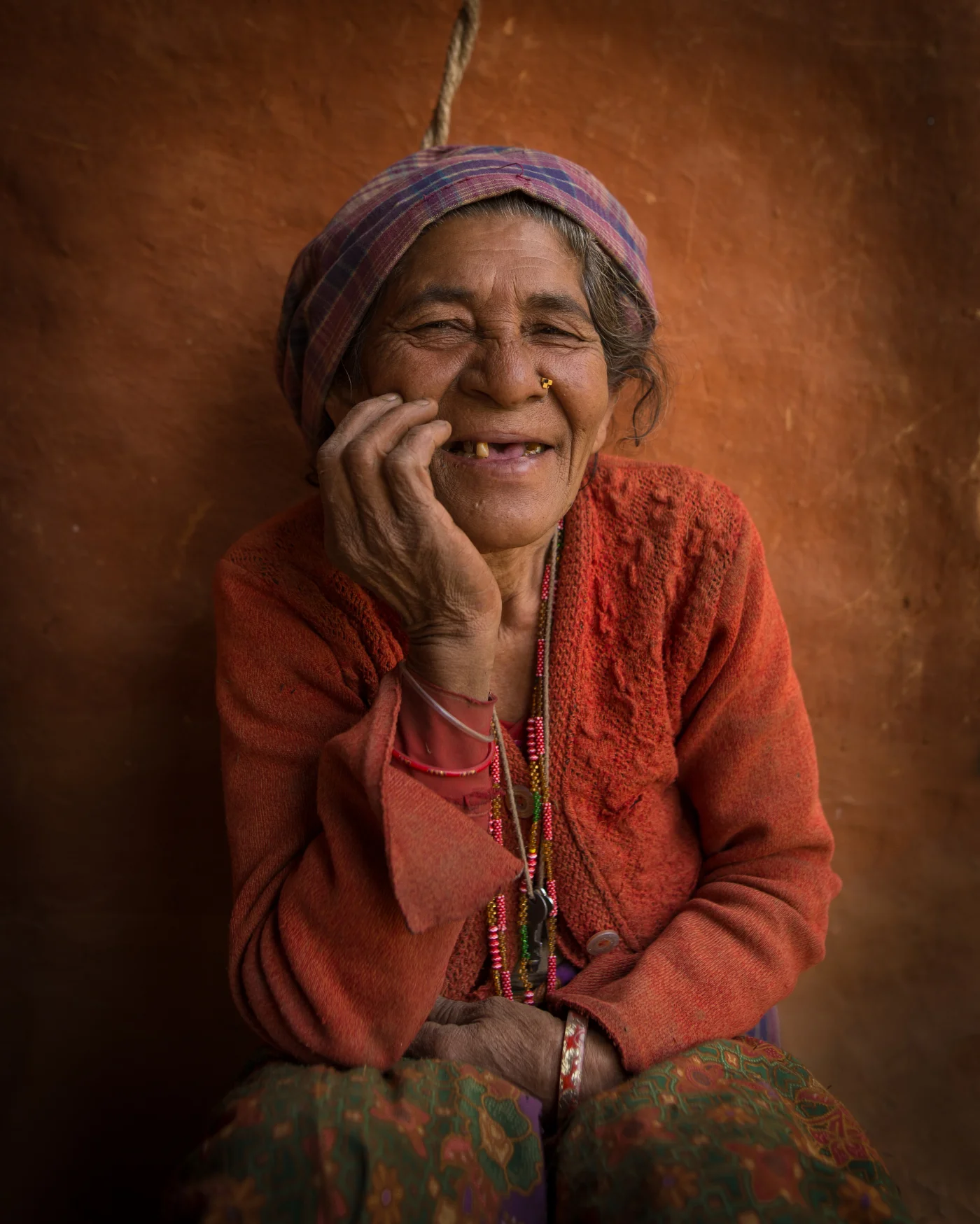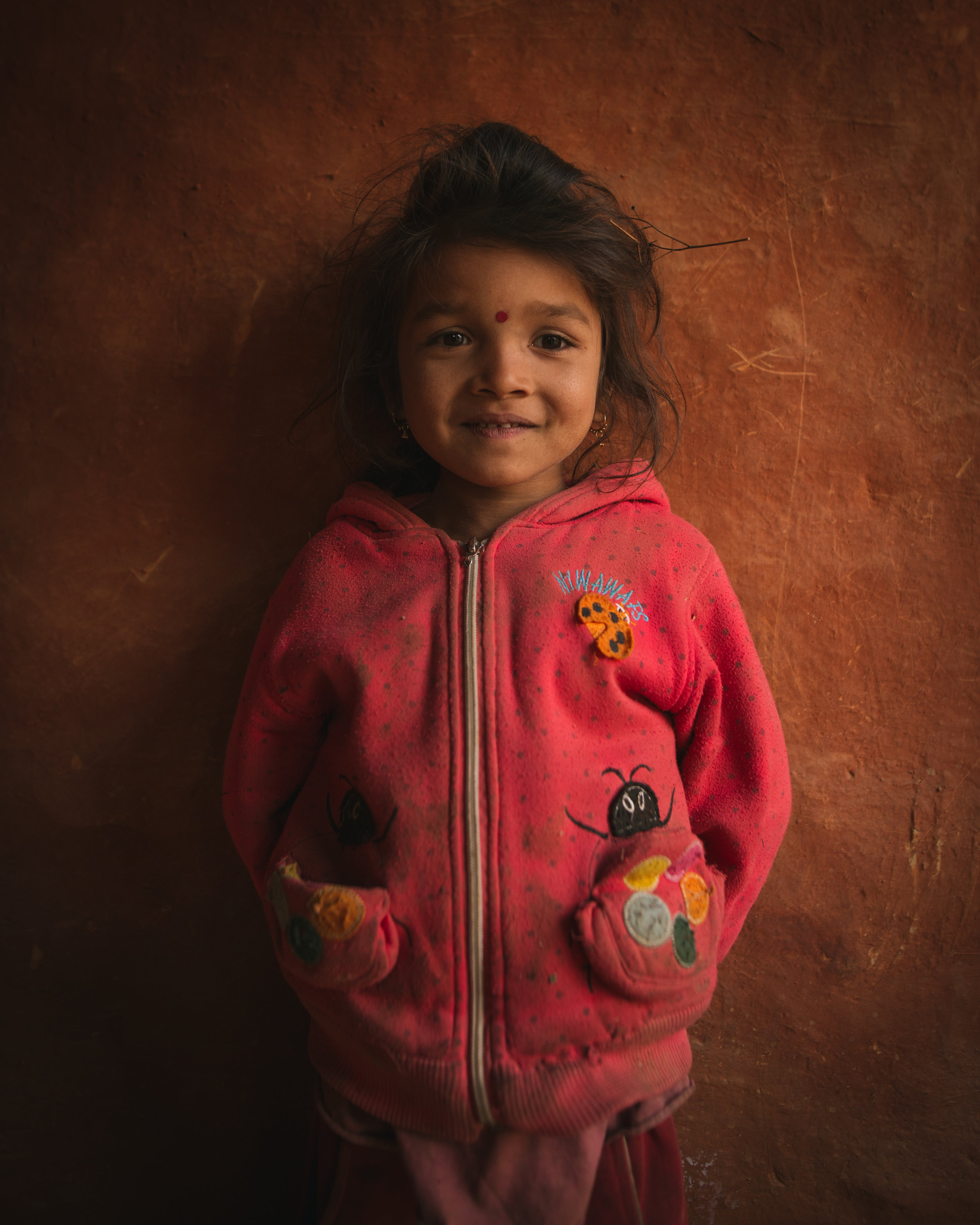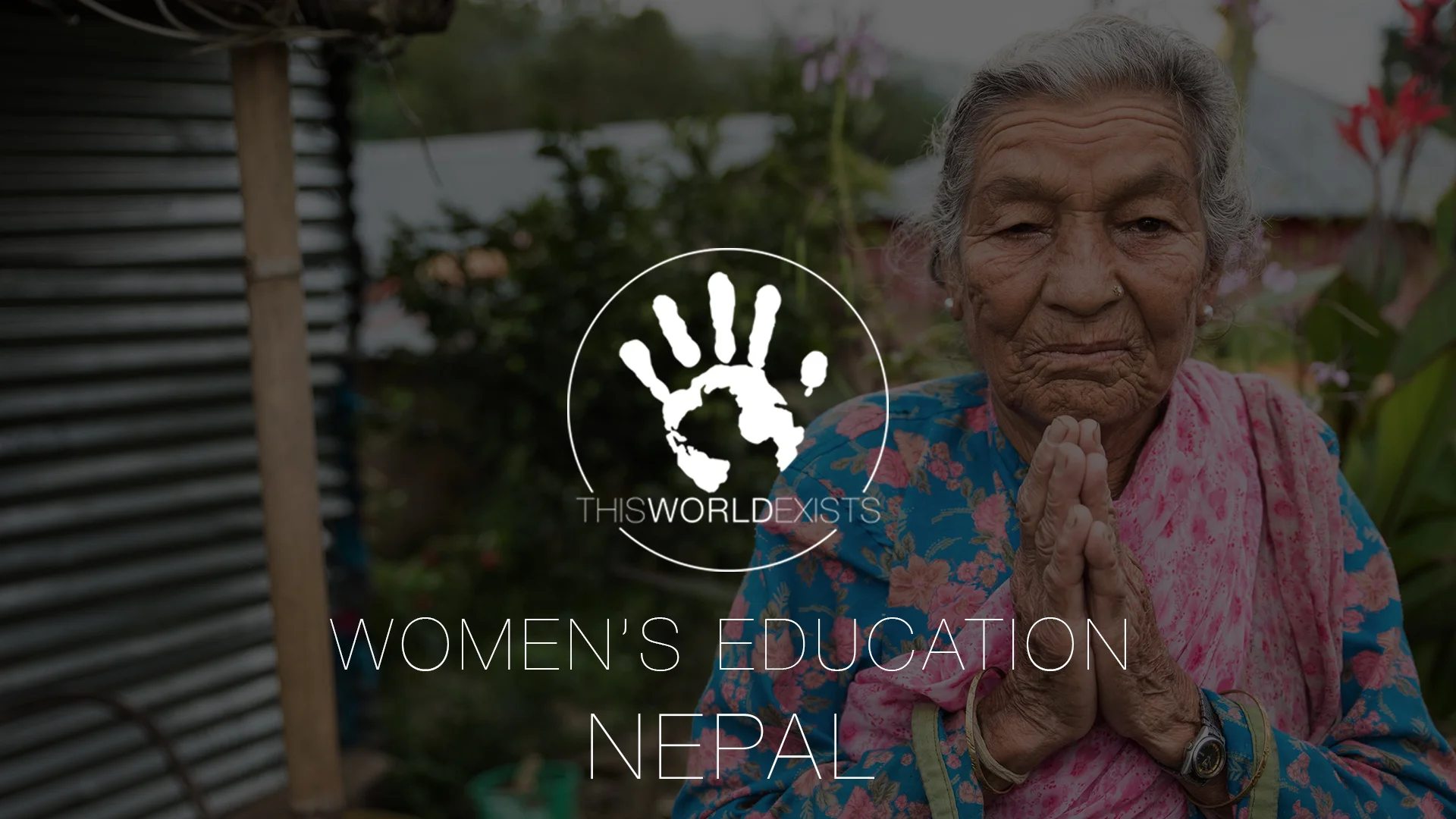Monika - The Untouchable
FROM THE FOOTHILLS OF THE HIMALAYAS, IN THE REMOTE VILLAGE OF SORUNG CHHABISE, COMES THE STORY OF A YOUNG GIRL BORN INTO A LIFE OF HARDSHIP AND SOCIAL OPPRESSION.
Photo by Mitch Smith @mitch_smith_
For centuries, the inhabitants of regional Nepal have lived under a traditional Hindi social caste system, the bottom members of which are known as ‘untouchables’. Traditionally, these outcasts where known as ‘Dalits’, meaning “oppressed” in Sanskrit, but that term has recently been outlawed. Although small changes are taking place throughout Nepal, social disparity is still quite noticeable. The following recount is from my time spent travelling and supporting disadvantaged communities with THISWORLDEXISTS in Nepal.
During my time in Sorung Chhabise, I was able to spend an afternoon walking the outskirts of the village in which we were constructing a brand new earthquake resistant school. I had the privilege of meeting some of the locals in their homes. This alone was an incredible experience. Seeing how others live, such simple yet appreciative lives, was incredibly humbling. Families living with their animals in very basic and modest abodes. Some houses had been damaged by, and remained un-repaired, since the earthquake in 2015. The hospitality shown by every household was something I hadn’t experienced before, people with almost nothing offering us the little food and tea they had available.
Every greeting left me humbled and grateful, yet slightly brokenhearted, but none of the little insights experienced here hit home quite as hard as the story of Monika and her grandmother.
Like most of the villagers in Sorung Chhabise, Monika and her family live in a small clay/timber construct house, nestled on the precipice of rice paddy crops. Monika’s mother labours for people of a higher caste in the villages surrounding the farms. Often the untouchable workers receive little more than enough food for their families as payment. Monika’s father moved away to the city seeking work quite some time ago and never returned to his family, unfortunately this is quite a common story for the 'untouchable' women.
PHOTO BY KRIS PENN @KRIS_PENN
Upon reaching Monika’s home, my attention was instantly drawn to her grandmother, who in her old age, was still working hard in the fields gathering banana leaves for the household cooking.
Monika’s grandmother first gave the group a very timid greeting and retreated to the cover of her house. Seeing this, I knew she was somewhat embarrassed and probably felt as though she shouldn’t be talking to us. I immediately split from the group and approached her. In Nepali I greeted her and asked her name. “Namaste Ama, Tapai ko nam ke ho?” She was completely taken aback! Before I could utter anything else she rushed over to her door, pulled out a bamboo mat and placed it on a ledge, beckoning for me to sit. I politely obliged. She then climbed up a thin notched log that led upstairs and disappeared, I waited, not knowing what would happen next. Shortly after she returned with a plate of fruit, a few small bananas and mandarins. I immediately understood the significance of this gesture and the pride she would feel from me eating her food. Typically, the traditional Nepali people believe that any food or dishes touched by an untouchable shouldn’t be eaten by anyone of a higher caste.
PHOTO BY MITCH SMITH @MITCH_SMITH_
Buzzing from this interaction I began to eat some of the tastiest fruit I’ve ever had, communicating only with hand gestures and smiles. Such simple gestures had broken down the traditional social barriers.
Monika’s grandmother, now more relaxed, sat back and told me her name, “Sarkini Kanchi“. It struck me at that point, that she wouldn’t have been asked her name in a long time, that it took her a while to process what was happening and remember. Sadly the name she gave me was the name she is commonly called as an untouchable woman. It was later explained to me that commonly people like Sarkini, having lived all their lives as untouchables, wouldn’t know their birth name or year. They would remember years by significant events, for example ‘3 years before the earthquake’ etc. Despite only learning her common name and not being able to communicate above the basics, the feeling of mutual understanding and appreciation was incredible. For her, acceptance from a stranger, for me, a life changing experience. Something as simple as sitting and eating together, and trading basic Nepali had for a moment connected us and made us equal. What a truly moving experience.
Shortly after my interaction with Sarkini, Monika came out from playing in the field with the rest of the group and joined us for some fruit. She sat next to her grandmother and shyly smiled at the rest of us. In that moment I began thinking, this gorgeous little girl as happy as any other, has a very limited future ahead of her. Limited opportunity of education or an improved quality of life. Unless, of course, we could help! We had already, in our short time in this village, managed to make so many social changes, the biggest of which was a brand new safe structure that will accomodate and educate so many more students. With ongoing contributions and literacy programmes, children like Monika will be able to receive an education and continue to challenge social barriers.
PHOTO BY MITCH SMITH @MITCH_SMITH_
After some time to reflect on this and many other experiences from Nepal, the thought continually occurs to me how fortunate we are in our lives. To have education so freely available and to have the opportunity to help those who don’t.
For more information about how you can help create a difference in the lives of others in Nepal, click here.
Recount and pictures by THISWORLDEXISTS ambassador Mitch Smith
@mitch_smith_ in Instagram
Interested in learning more about our education projects in Nepal? Find more information right here.







